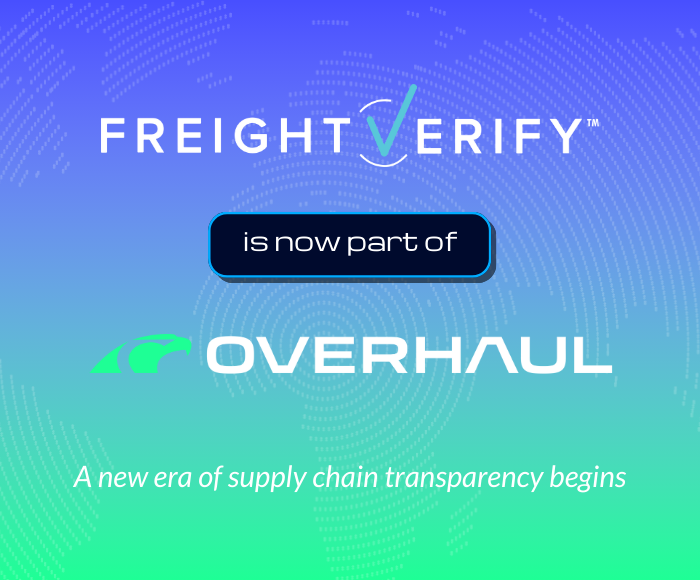- Platform
- Overhaul PlatformWe’re different on purpose
Overhaul PlatformWe’re different on purpose
- Industries
- IndustriesWorld-leading in-transit solutions
IndustriesWorld-leading in-transit solutions
- Company
- About Overhaul
About Overhaul
- Resources
- Resources
Resources- ReportsUp-to-date cargo theft intelligence from around the world
- BlogThought leadership and industry commentary
- WhitepapersThe latest logistics research
- Case StudiesClient success stories
- NewsRecent Overhaul news and media coverage
- RecoveriesSuccessful cargo theft recovery stories







